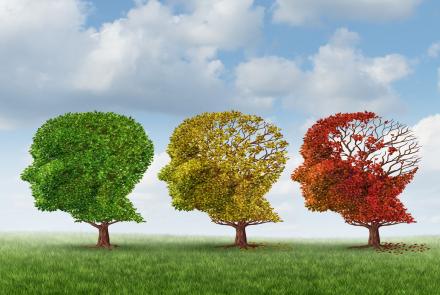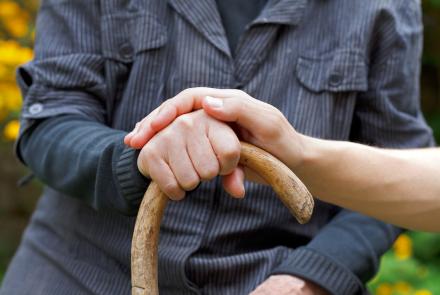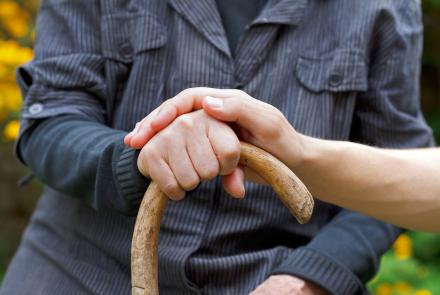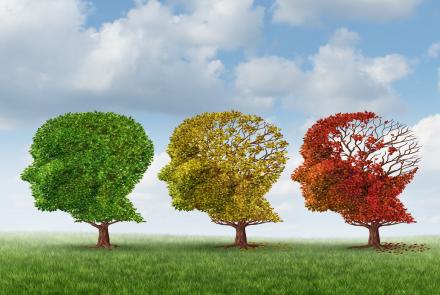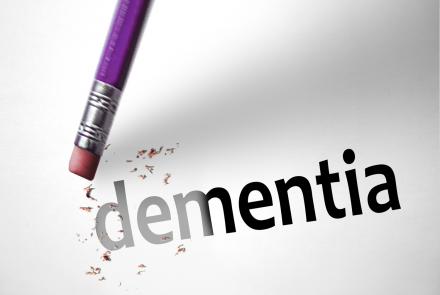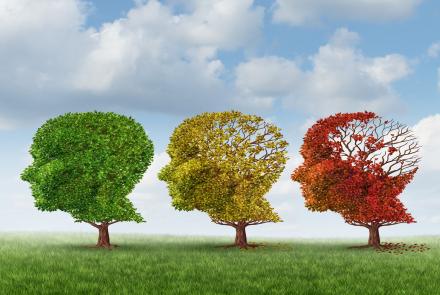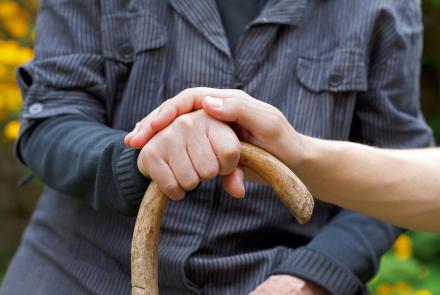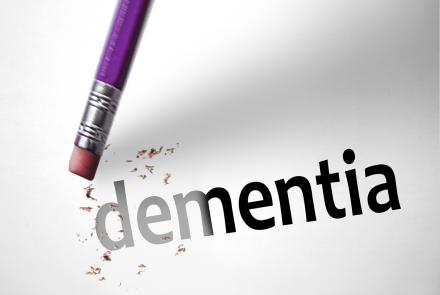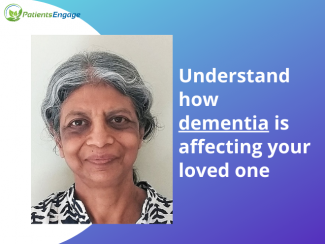
Swapna Kishore was a caregiver for her mother for many years. She has created many online resources for dementia caregivers in India, including an English website, Dementia Care Notes and its Hindi version Dementia Hindi. Here, she answers some questions by PatientsEngage.
Please tell us about your mother's early dementia symptoms and how her condition progressed.
My mother's early symptoms included mild disorientation, memory problems, and repeating herself. She became defensive and withdrawn. She would get angry without any apparent reason.
Over time, her problems became worse. She could not understand many things or use common appliances. She could not handle numbers or new information or situations. She used odd, wrong words when talking. She needed help even for tasks like bathing and wearing clothes.
हिंदी में पढ़ें: समझें कि डिमेंशिया (मनोभ्रंश) का आपके प्रियजन पर क्या असर हो रहा है
In the last few years, she was bedridden. She hardly ever talked. She became totally dependent for every task. She couldn't even swallow properly. She was feeble and had repeated infections.
What were your biggest challenges while looking after her? How did you solve them?
Initially, I was overwhelmed by her behaviour changes. I thought she was not trying hard enough to overcome her problems. I also wanted her to understand her situation and accept help.
Then I realised I was in denial about how dementia was impacting her. So I began educating myself better on dementia. Once I started appreciating her difficulties, I found practical ways to support her.
Another challenge was the lack of dementia awareness around us. Even though people meant well, they would say hurtful things to her and me. I had to explain dementia to them using pictures, examples, and published literature. But even then, I often had to face their disbelief .
Unfortunately, even many doctors and other professionals did not understand enough about the dementia challenges, and I had to look around a lot to find professionals who could help us.Getting trained attendants was a major problem. I would train the attendants myself, but it was still quite challenging to find good attendants and retain them.
What is your advice to caregivers?
Appreciate how dementia is impacting the person. Don't just read lists of symptoms, think about them. Read blogs by persons with dementia. Read caregiver stories. This understanding will help you apply the caregiving advice you get.
Find ways to make it easier for persons with dementia to do their work. Make them feel safe, respected, and valued. Think of possible changes in your home. Change how you talk to them, help them, etc. This makes caregiving easier and better and also improves the person's well-being.
Also, spend happy times with the person. Look at old photos together, listen to music, play simple games, or just talk. Such relaxed, happy time together builds nice memories. It reduces stress for everyone in the family.
If you could solve three problems that persons with dementia and their caregivers face in India, what would they be?
Create sufficient awareness of dementia and related care, so that laypersons can recognise symptoms and understand how dementia may affect the family. Health professionals and service providers need awareness to provide suitable support and services.
Families with dementia need information, instructional material and training, and support and counselling, all suitable for the Indian context.
Reasonably priced services and facilities is another area. This is rather huge, but one can always hope.
Full-time caregiving is emotionally draining. How did you keep yourself together emotionally?
I often felt despondent because I saw my mother deteriorate and also because I felt tired, helpless, and confined. I could not take a break.
Then I realised that I could still have small, sparkling moments of joy every day. Like watching a sunset or hearing a favourite song or doing something creative. I would hold these in my heart and remember them when stressed.
I also tried to enjoy my mother's company for at least some time every day. Sitting with her or playing games, for example. Noticing her smiles. Or holding her hand when she slept. Remembering these made it easier to be gentle and affectionate while doing the harder caregiving work.
Though caregiving remained draining, it was easier to cope with because of this.
You have said that caregivers need support groups. Do you think online support groups are effective? Any tips for caregivers using them?
Online support groups are very useful, especially because most caregivers cannot find suitable in-person support groups. Or they may not be able to attend in-person meetings.
Effectiveness of an online forum depends on many factors, like the friendliness of the technology used, forum moderation, number of members, and the quality of sharing and participation. Active, well-moderated groups can provide very useful support.
Some tips for caregivers using online support:
Be simple and clear when describing your problem and inviting suggestions. When giving suggestions, be constructive. But be careful while sharing personal data in groups where you don't know everyone well. I've seen a situation where a caregiver complained about a sibling in a large, closed group without realising that the sibling was part of that group.
Remember that every family is different. Support groups are a great source for caregiving information and tips, but you must evaluate and act based on your situation.
Don't use forums for medical advice. For medical decisions, consult your doctors.
How do you start life again after caregiving is over?
Many people decide to resume the life that they suspended during caregiving. This is easier if the suspension was recent and they are in touch with friends and colleagues.
Some people feel life has changed so much that they cannot return to their earlier activities. They have to find a new direction and build new skills and social circles. This can be slow and difficult.
Caregivers may find it emotionally disturbing to handle work, locations, and social circles that remind them of their loss. Some persons make major changes to move away from such reminders. Others stay where they are and try to make peace with things. This depends on the options available to the caregivers, and also the personality.
"Starting again" may take more time than what caregivers expect, especially if the caregiving was intense and for many years. My suggestion: Don't rush yourself. But don't go so slowly that you feel trapped in the past. Be gentle with yourself and find a pace that suits you.


